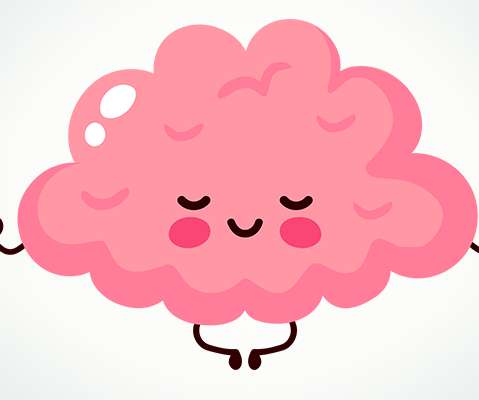Getting Into the Flow: How Casual Games Increase Learning Engagement
Axonify
SEPTEMBER 2, 2016
were ‘actively disengaged’.” Actively disengaged” is one of my favorite phrases. Flow is a mental state of operation in which a person is fully immersed in and focused on what he or she is doing; it involves full mental involvement and continual engagement in the process of the activity (Csikszentmihalyi, 1975).








































Let's personalize your content